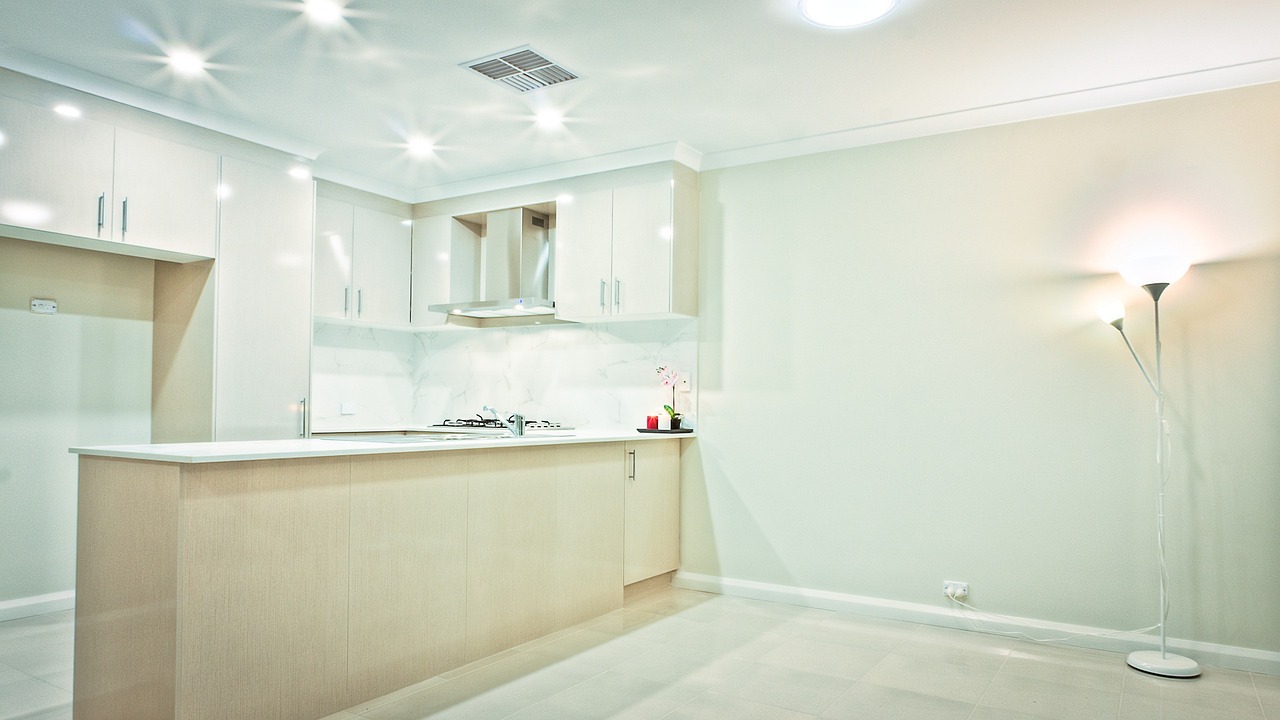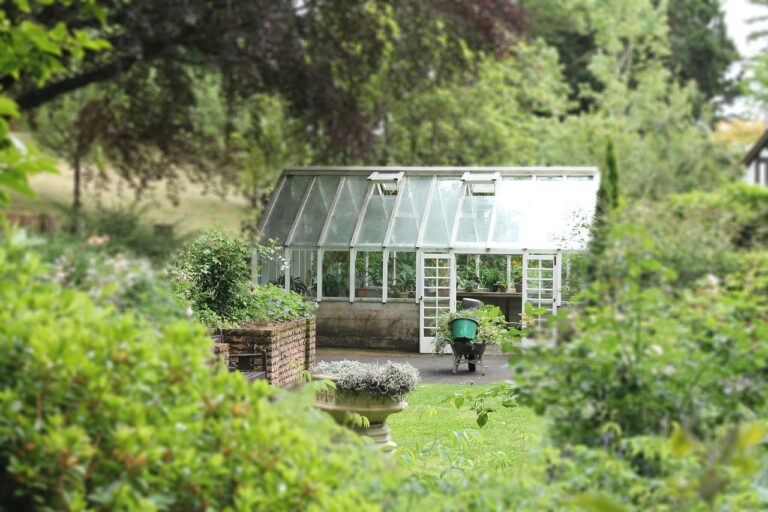The Psychological Benefits of Natural Light: Tigerexch, Golden77.com, Sky 99 exch
tigerexch, golden77.com, sky 99 exch: Natural light is an essential aspect of our everyday lives, yet many of us do not fully appreciate the psychological benefits it can bring. From boosting our mood to improving our cognitive functions, exposure to natural light can have a significant impact on our overall well-being.
In today’s modern world, many of us spend the majority of our time indoors, surrounded by artificial lighting. While artificial lighting has its benefits, it cannot compare to the benefits that natural light provides. Natural light is not only brighter and more pleasant to the eye, but it also helps regulate our circadian rhythms, which play a crucial role in our overall health.
Here are some of the psychological benefits of natural light:
1. Mood Enhancement
One of the most significant benefits of natural light is its ability to boost our mood. Exposure to natural light has been shown to increase the production of serotonin, a neurotransmitter that contributes to feelings of well-being and happiness. In contrast, inadequate exposure to natural light has been linked to seasonal affective disorder (SAD), a form of depression that occurs during the winter months when natural light is limited.
2. Increased Productivity
Natural light can also have a positive impact on our productivity levels. Studies have shown that employees who work in spaces with ample natural light are more productive and alert compared to those who work in spaces with artificial lighting. Natural light helps regulate our sleep-wake cycle, which in turn improves our focus and concentration during the day.
3. Improved Sleep
Exposure to natural light during the day can also help improve the quality of our sleep. Our bodies rely on natural light to regulate our internal clock, known as the circadian rhythm. By exposing ourselves to natural light during the day, we can help align our internal clock with the natural light-dark cycle, which can lead to better sleep at night.
4. Stress Reduction
Natural light has been shown to have a calming effect on our bodies and minds, helping to reduce stress levels. Spending time in natural light can help lower our heart rate and cortisol levels, two markers of stress. Additionally, natural light can help improve our mood, which can further reduce feelings of stress and anxiety.
5. Cognitive Benefits
In addition to its mood-enhancing effects, natural light has also been shown to improve cognitive functions such as memory and attention. Exposure to natural light can help enhance our overall cognitive performance, making it easier for us to focus and retain information. This is particularly important for students and professionals who rely on their cognitive abilities to succeed in their respective fields.
6. Vitamin D Synthesis
One of the most well-known benefits of natural light is its role in vitamin D synthesis. When our skin is exposed to sunlight, it produces vitamin D, a crucial nutrient that plays a role in various bodily functions, including bone health, immune function, and mood regulation. Ensuring an adequate intake of natural light can help prevent vitamin D deficiency and its associated health risks.
In conclusion, the psychological benefits of natural light are vast and varied. From mood enhancement to increased productivity and improved sleep, exposure to natural light can have a profound impact on our overall well-being. As we continue to navigate the demands of modern life, it is essential to prioritize our exposure to natural light and reap the benefits it has to offer.
FAQs:
Q: How much natural light do I need to experience the benefits?
A: Ideally, aim to spend at least 30 minutes to an hour in natural light each day to experience the full benefits.
Q: Can artificial lighting provide the same benefits as natural light?
A: While artificial lighting has its benefits, it cannot fully replicate the benefits that natural light provides. It is essential to prioritize natural light whenever possible.
Q: What are some ways to incorporate more natural light into my daily routine?
A: Open blinds and curtains during the day, spend time outdoors whenever possible, and consider redesigning your workspace to maximize natural light exposure.
Q: Are there any risks associated with excessive exposure to natural light?
A: While natural light has many benefits, it is essential to practice sun safety and protect your skin from harmful UV rays to prevent sunburn and skin damage.







